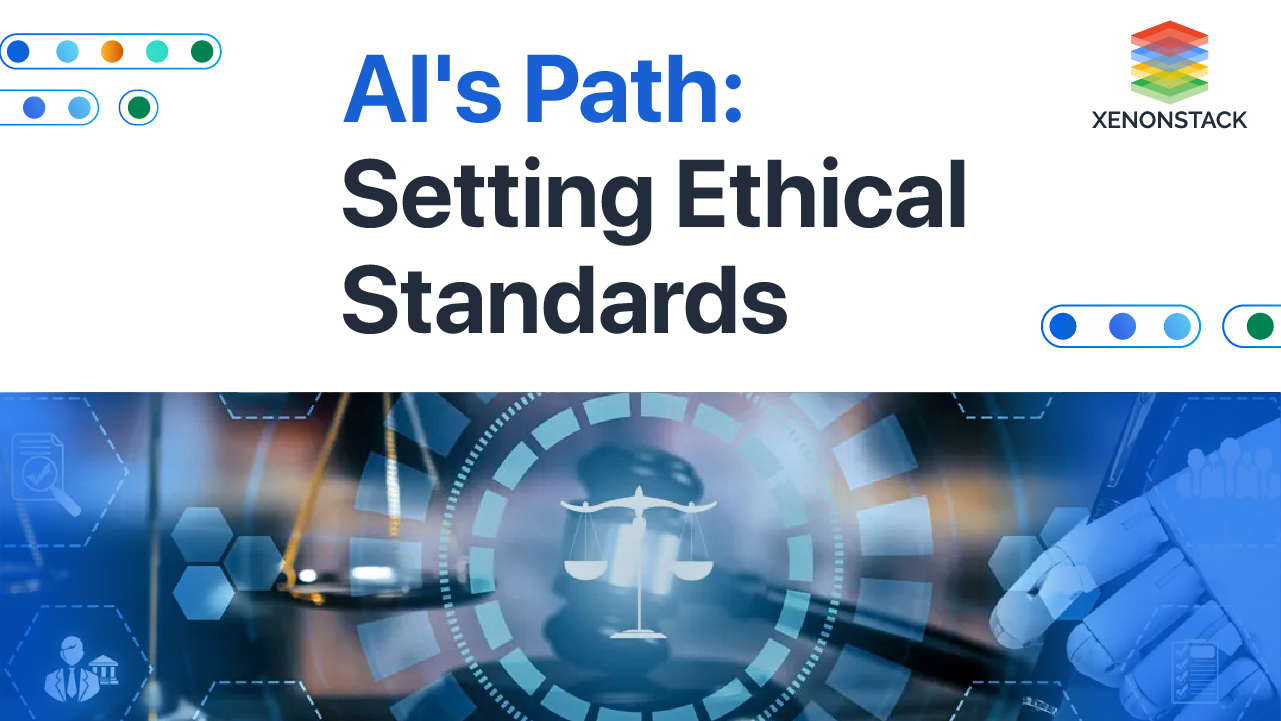
Introduction
The advancements in AI technology have opened a world of possibilities that can significantly enhance our quality of life. However, with this power comes a great responsibility. AI systems can potentially create negative consequences that affect individuals, groups, organizations, communities, the environment, and the world. These risks can take various forms, such as short-term or long-term, high or low probability. Acknowledging these risks and implementing suitable measures to mitigate their adverse effects is crucial
AI Implementation Risks and Mitigation Strategies
Artificial intelligence has the potential to transform our lives. However, as with any innovative technology, there are also risks associated with implementing AI.
One of the most significant risks associated with AI is the potential for bias. It is crucial to understand that the level of bias in AI systems is directly proportional to the bias in the data used to train them. If the data is biased, the AI system will inevitably inherit the same bias, which can result in undesirable outcomes. For instance, it can perpetuate social inequalities or discriminate against specific groups of people. Therefore, ensuring that the data fed into AI systems are as unbiased as possible is essential. To mitigate risk, AI systems must be trained on representative data. Monitoring AI systems for bias and taking corrective action when bias is detected is also essential.
AI systems pose a risk of job displacement as they become more advanced, potentially leading to economic disruption and loss of employment. Investing in retraining programs for affected workers is essential to mitigate the risk of job displacement by AI. This can ensure that workers have the skills to find new jobs in emerging industries.
A third risk associated with AI is the potential for privacy violations. AI systems frequently undergo training using extensive sets of personal data, including medical records and financial information. Recognizing the potential consequences of unauthorized access to this data, such as identity theft or fraud, is essential.Therefore, designing AI systems with privacy in mind is essential to mitigate this risk. This includes implementing data encryption, access controls, and data anonymization techniques.
In addition to these risks, legal and regulatory challenges are associated with implementing AI. This can create uncertainty for organizations that are looking to implement AI systems. Staying current with AI's latest legal and regulatory developments is essential to mitigate this risk.
Measures for organizations to enhance AI Safety
Below are some crucial actions that organizations can implement:
1. AI systems must prioritize privacy by encrypting data, enforcing access controls, and anonymizing data.
2. Monitoring biases and taking corrective action if necessary is crucial to ensure fairness and impartiality in AI systems.
3. Retrain workers whose jobs are threatened by AI to acquire skills for new industries.
4. Staying informed about the latest legal and regulatory developments in AI is crucial for organizations to comply with existing regulations and to be prepared for future changes in the regulatory landscape.
New standards needed for effective AI Governance
As AI becomes more ubiquitous, new standards are necessary to support governance. Here are essential areas where new standards are needed:
-
Data privacy and security standards
As AI systems advance, they increasingly rely on vast amounts of personal data. Therefore, it is crucial to establish standards that ensure the responsible and secure collection, storage, and usage of such data.
-
Standards for transparency and explainability
AI systems often lack transparency, making them difficult to understand. Standards are necessary for ensuring that AI systems are transparent and explainable to users.
-
Standards for ethical AI
As AI becomes more advanced, there is a need for standards to ensure that AI systems are developed and used ethically. This can include standards for fairness, accountability, and transparency.
National and International AI Implementation Frameworks
Many countries have created guidelines for implementing AI, often called National Frameworks. The United States government has released a set of principles for developing and using AI. These principles encourage innovation, establish public trust, and respect privacy and civil liberties. Similarly, the European Union has issued guidelines to ensure that AI is developed and used safely transparently and respects fundamental rights. Other countries have taken a different approach to regulating AI. For example, China has established national standards that outline the requirements for AI systems in various industries.
Apart from national frameworks, there are international efforts to establish guidelines for effectively implementing AI. Various institutions, including the European Commission, Japan, Singapore, Australia, and the Organization for Economic Cooperation and Development, have recently released frameworks for Regulating AI systems. These frameworks' main goal is to identify the principles that govern AI systems. These principles aim to direct the development and utilization of AI centred around human needs, transparency, and ethics. They focus on several aspects, such as accountability, transparency, and fairness, and intend to form a structure for the responsible development and utilization of AI.
How can we ensure AI's safe development to be used globally?
Ensuring the safe development of AI requires a multi-faceted approach. One way to achieve this is by promoting transparency and accountability in developing and using AI systems. This can be achieved through the development of ethical guidelines and the enforcement of these guidelines. Additionally, modern technologies can be developed to detect and prevent potential harm from AI systems. Ensuring that AI is developed ethically and respects human rights is also essential. Global frameworks, such as UNESCO's Recommendation on the Ethics of AI, can guide nations in maximizing benefits and minimizing risks from AI.
Conclusion
In conclusion, while certain risks are associated with implementing AI, these risks can be mitigated through careful planning and implementation. Organizations can utilize AI to improve the world while mitigating risks through proper safety measures. Additionally, by working together to develop new standards for AI governance, we can ensure that AI is developed and used responsibly and ethically.
-
Explore the Guide to Enable Artificial Intelligence in Retail
-
Read here about Explainable AI in the Healthcare Industry




